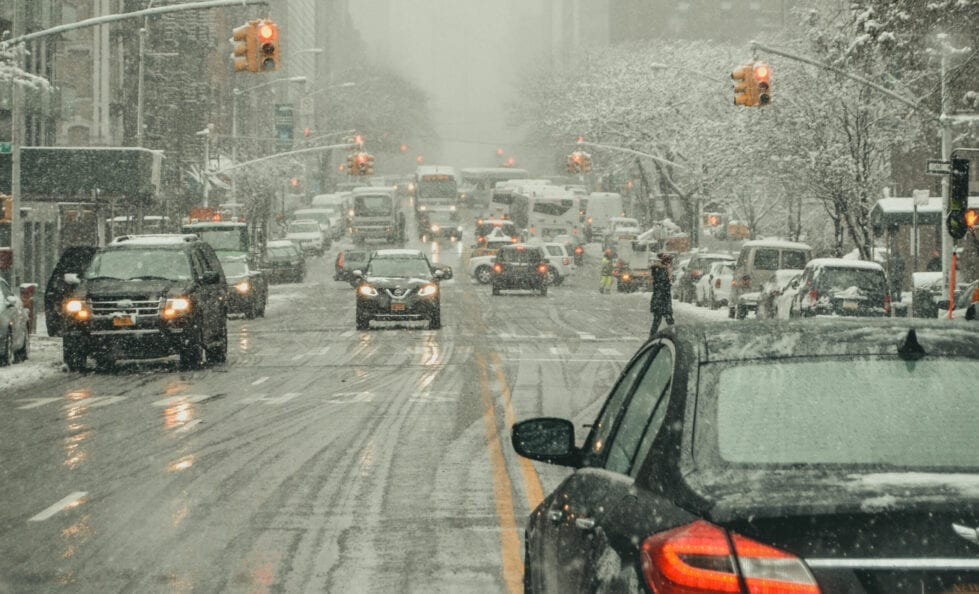Winter is Coming
Unlike Game of Thrones, where it took literally years for winter to actually come, here in parts of the US it has already arrived, and the rest of the country will soon follow. Trucking in winter is a whole different game than during the warmer months.
Are you prepared?
Professional drivers know that there is a lot of variation in winter driving depending on many factors including the location. For example, driving in the forceful winds of a blizzard in rural Michigan is completely different than a gentle snowfall while crossing the flat planes of central Kansas.
There are parts of the country that have very mild winters and almost no snow. But when it actually does snow, watch out! People don’t know how to manage driving in snow and the slightest dusting can set off multiple vehicle collisions. Only experience can help you predict what kind of driving circumstances you might face during the winter.
Of course, there are some things you can prepare for, and you really need to do these things because a little trouble in the wrong place without preparation can be extremely hazardous. For example, you need to carry food, lots of water and blankets, thick blankets or sleeping bad! What about gloves, boots or driving shoes, cotton shirts, a warm jacket or coat and a hat?
Having the proper safety gear is important too. This includes a cell phone with backup battery, GPS navigation, extra cash (not just ATM access) for roadside assistance for example. You also need to pack a good emergency kit.
Is your vehicle fully winterized? For example, not having lots of windshield cleaning liquid can create huge problems in a real blizzard. What about antifreeze? You need to carry an extra supply of both. Do you need to adjust your tire pressure?
You also need to bring your good sense and wisdom. One of the biggest hazards in winter is over confidence. Ask any driver in Chicago what the worst day to drive is and they will tell you that it is the day of the first snow when people haven’t adjusted their speed. Driving in snow requires slowing significantly and driving with an extra measure of caution. And it is important to accelerate and brake much slower. There are lots of things to remember to do (or not to do) to manage your vehicle safely in winter… too many to cover here.
Frankly, the absolute best thing you can do to improve winter driving is to get out from behind the wheel and let an experienced and reputable shipper like Nationwide handle winter driving for you. You don’t need to take unnecessary risks. Just give us a call and we’ll arrange everything.

